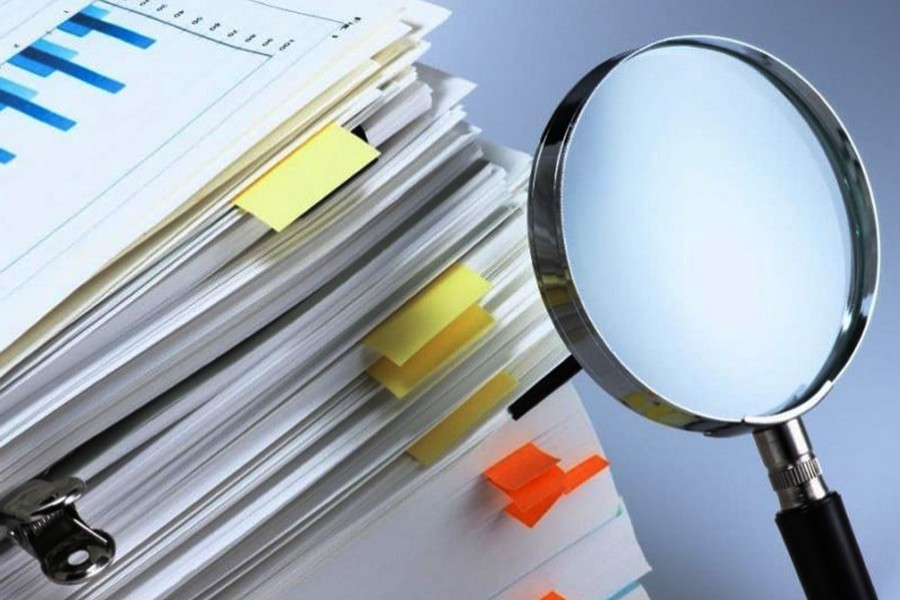
Published :
Updated :

The fact that financial reporting by public sector enterprises in this country, in most cases, has always been opaque and it could hardly help the policymakers concerned to design suitable plans and programmes for improving their performance, financial or otherwise. In a recent conference titled 'Accountability and Sustainability: Implementation Progress', jointly organised by the Institute of Chartered Accountants of Bangladesh, Dhaka Stock Exchange Ltd. And Victoria University of Wellington, New Zealand, speakers felt the dire need for public institutions to come up with sustainability-related disclosures in their financial reports.
The major public bodies and implementing agencies spend every year a huge sum of money on public works and infrastructure. Such public spending and structures built thereof have been making a notable contribution to the government's efforts to achieve the various SDG targets. Besides, there are state entities involved in industrial and commercial operations. It is in the interest of the state, these entities need to make transparent financial reports at the end of every financial year and submit the same for necessary scrutiny by the Office of the Comptroller and Auditor General and relevant others. Sadly, this is an area that is controlled by the bureaucracy which is entrenched in its own sense of secrecy.
The private sector in the country is working in this situation from an entirely different point of view. Here, audit arrangements are governed by regulations that include IFRS (International Financial Reporting Standard) and Sustainability Disclosure Standards. Leading companies vie with each other to reach higher levels of disclosure in an effort to develop the key elements of reporting, from mentality assessment to stakeholder engagement. Indeed, the private sector has come to understand that as they grow larger, there will come a point when greater finance will be needed. This will come either through IPOs (initial public offerings) or through loans from domestic or international sources. Gaining access to credit will require producing reports that will be in-depth and transparent. What is abundantly clear from the above is that entities in the private sector are fully aware of the sensitivity and need for accurate financial disclosure because they ensure sustainability in the long run.
When it comes to the public sector domain, the financial accuracy and disclosure fall in line with the government's commitment to achieve the various SDGs by 2031. However, this will be difficult to achieve unless there is a move to shun vague reporting, as stressed by experts who state that empirical evidence on sustainability practices is directly linked to the cost reduction of capital, national commitment and development. Unfortunately, for too long, state-owned enterprises have been using outdated accounting models that encourage non-disclosure. The demand has been gaining strength in recent years not just from the electorate but from various international stakeholders for presenting verifiable and quality information, without which credibility of the State cannot be enhanced. It is time to bring about a change in practices that can only increase the country's rank further upwards in SDG achievement success rate. Having access to quantifiable and meaningful data will only help the government measure the success of its development efforts and increase people's trust in it.


 For all latest news, follow The Financial Express Google News channel.
For all latest news, follow The Financial Express Google News channel.